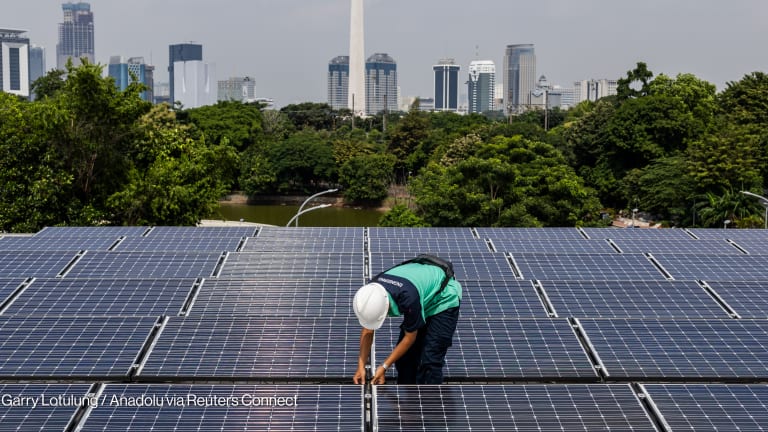A number of nongovernmental and civil society actors are applauding Japan’s recent work in the global health space as the country makes a push for strengthening health systems and addressing the rising problem of antimicrobial resistance.
Under its leadership, the Group of Seven countries committed to a number of health-related concrete actions at the Ise-Shima Summit in May, including compliance to the International Health Regulations, as well as enhancing their support and coordination to strengthen health systems, especially in developing countries. The leaders also supported the proposal to establish UHC 2030, a platform envisioned to advance and rally behind the concept of health systems strengthening and universal health coverage.
This action stemmed from Japanese Prime Minister Shinzo Abe’s early pronouncements prior to Japan’s presidency of the G-7 for 2016. At the International Conference on Universal Health Coverage in the New Development Era: Toward Building Resilient Health Systems hosted by Japan in December 2015, Abe said: “I intend to take up health as a priority agenda at the G-7 Ise-Shima summit, and I would like to lead the discussion on the health challenges that the world faces in close cooperation with the other G-7 countries.”
Read more stories on UHC and health systems:
► The 'significant impact' of digital tools on health care
► WHO calls for information hub on health care attacks
► For women aid workers, health care often a 'compromise'








